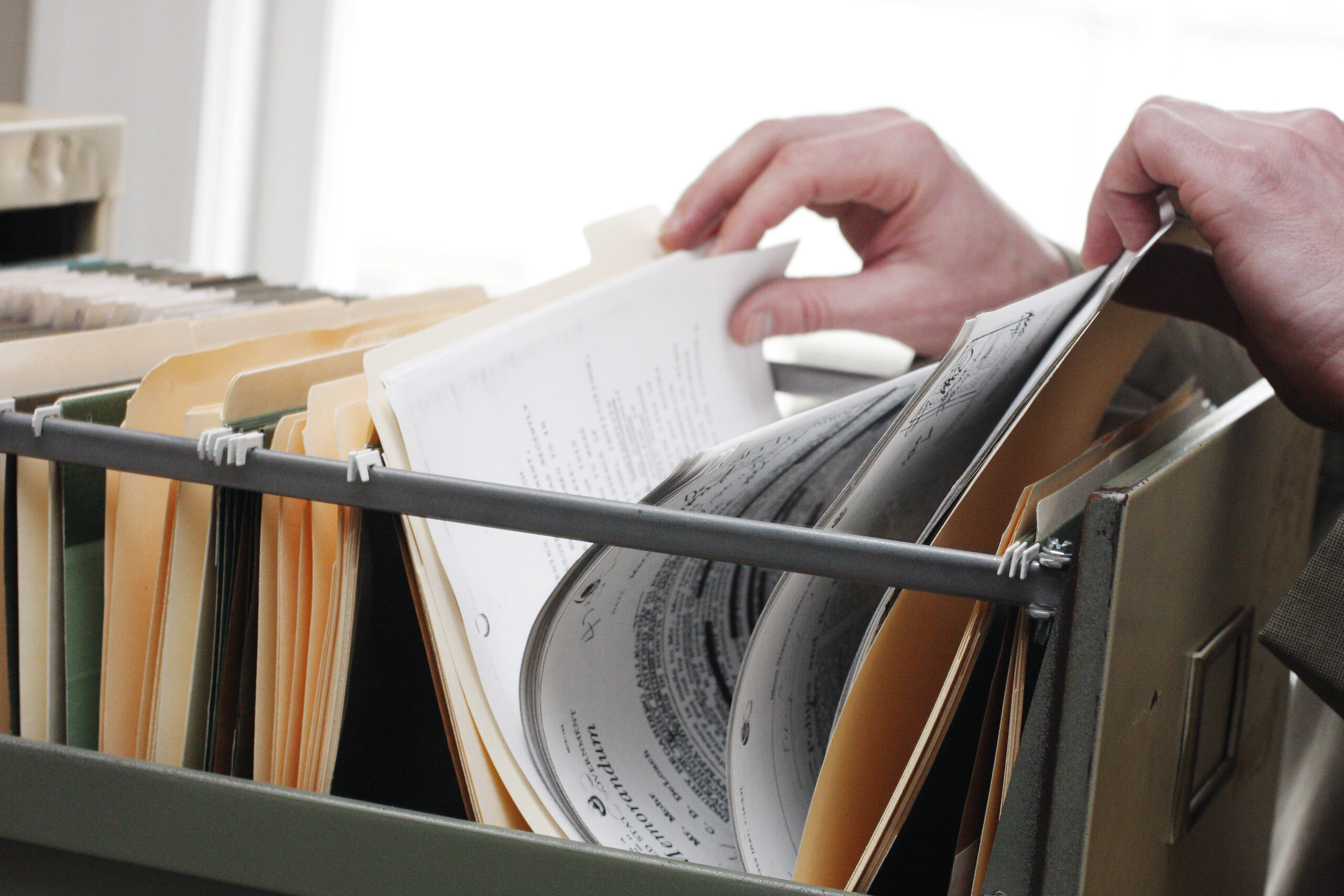
Government transparency laws like the federal Freedom of Information Act and the many state versions of that law are designed to ensure that the public can keep an eye on the workings of government officials—who are, after all, the employees, not the bosses, of the people. Unfortunately, although those laws generally require the government to turn over records quickly upon demand, bureaucrats often look for ways to evade those requirements. And that requires groups like the Goldwater Institute to file lawsuits that put real teeth in the pledge of transparency. That’s just why we’ve asked the Arizona Supreme Court to take up two new cases involving efforts by government officials to withhold documents that they’re legally required to hand over.
These public records laws include exceptions. That makes sense; government does sometimes have good reason to keep secrets. But it’s also risky, because bureaucrats might try to take advantage of those exceptions to conceal records that the law actually requires them to hand over. That’s why the law imposes a heavy burden of proof on the government when it seeks to use one of these exceptions to keep information from the public. A judge can’t just take a bureaucrat’s word for it.
Unfortunately, two recent Arizona court decisions have interpreted these exceptions in ways that cast doubt on the entire framework of the public record laws.
In the first case, the Goldwater Institute sued the city of Phoenix over its decision to withhold records that it exchanged with public-sector unions during labor negotiations—records that affect the allocation of tens of millions of dollars of taxpayer money and involve some of the most important decisions the city makes regarding public safety and public employment. The city claimed that turning over the records might somehow imperil its ability to negotiate with public sector unions, and a trial judge agreed, allowing the city to keep the documents locked way.
We appealed, and a higher court agreed with us that the trial judge must at least look at the documents first behind closed doors, to make sure the city has good reason to withhold them. But then the appeals court ruled that it was not required to realistically scrutinize the city’s reasons for withholding the records in the first place. Under Arizona law, when the government claims it has to withhold documents, courts are supposed to carefully examine the government’s rationale for keeping them secret—a process lawyers call this “again” review. Again review matters because courts aren’t supposed to just take the government’s word for it when it claims it has good reason for denying access to public information. Otherwise—if judges just rubber-stamp the government’s assertion that it has a legitimate reason to keep information concealed—the public records laws would be rendered meaningless.
That’s especially true when the government claims that it’s in the “best interests of the state” to conceal certain records. Although some courts have said that this is a legitimate reason to keep documents concealed, the Arizona Supreme Court has never explained what this “best interests” exception means, or even where it comes from—which, of course, has encouraged bureaucrats to keep more and more records secret, offering increasingly speculative and abstract justifications for refusing to turn over information. In the Phoenix case, for example, the city’s entire rationalization for refusing to comply with the records requests was that doing so “might” cause negotiations with public sector unions to become “politicized.”
Because apparently such negotiations aren’t already politicized?
Now we’ve asked the state high court to step in and clarify the scope of the “best interests” exception and to reiterate that again review must apply to all public records cases.
The second lawsuit—decided by a different panel of Court of Appeals judges—began when a University of Arizona professor submitted various records requests to the university, which were largely denied. When he sued, the court not only declined to apply again review to the government’s withholding and redaction decisions, but it went further and reduced the level of review that judges are supposed to apply in public records cases. A trial judge, said the court of appeals, should “apply abuse-of-discretion review in evaluating the withholding and redaction decisions for specific documents.” In other words, as long as the government’s reasons for withholding certain types of records are plausible in the abstracta judge must take the government’s word for it when bureaucrats redact or withhold specific information. In practice, such a deferential attitude will empower government officials to withhold information based on their mere say-so.
That’s why the Institute filed a friend-of-the-court brief urging the Arizona Supreme Court to also review the professor’s case and clarify how courts should analyze public records cases. Judges should always turn a skeptical eye on government efforts to withhold information that falls within the public records laws.
Goldwater will always defend the right of the public to know what their government is up to.
You can read our petition for review hereand our friend-of-the-court brief here.
You can learn more about the Institute’s public records case against the City of Phoenix here and hereand click here to learn more about how you can use public records laws to learn more about what your local government is up to.
Parker Jackson is a Staff Attorney at the Goldwater Institute. Timothy Sandefur is the Goldwater Institute’s Vice President for Legal Affairs.



